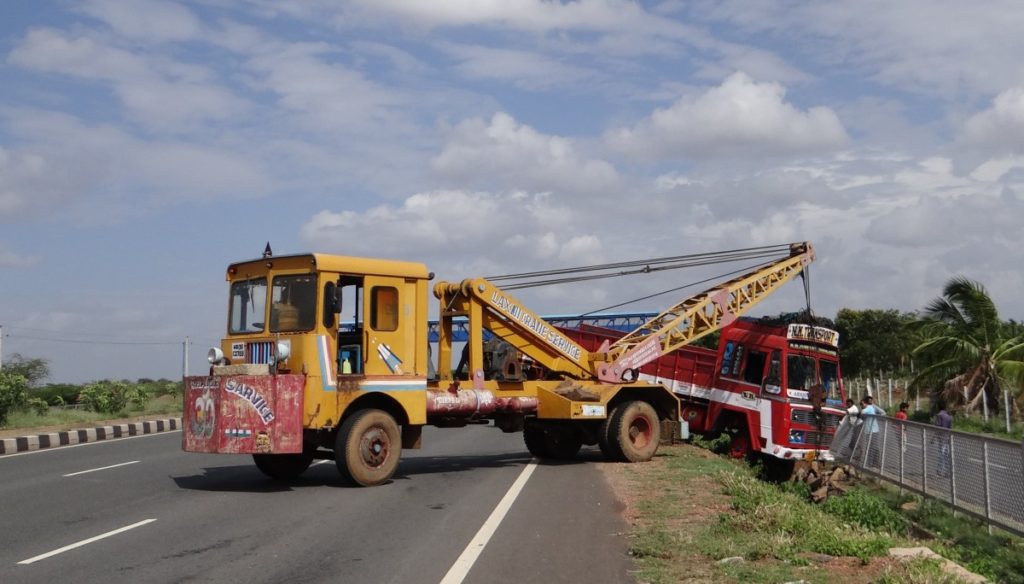The first principle of my blog is Creating Ecosystems of Success, and two of its key focuses are Financial Literacy/Money and Business/Entrepreneurship. Most businesses initially fail, which can permanently break the will of my individuals. For those with stronger resolve, how does one recover? The following contributed post is entitled, The Big R Word: Recovery.
* * *
Recovery comes from the Anglo-French 12th-century word, recoverie, which literally means return to health. Originally, recovering is the act of experiencing improvement through a path of health troubles. In other words, you have to get bad first before you can finally get better.
In the business world, while you can metaphorically talk about the health of the company, recovery focuses on the processes in place to deal with dramatic and destructive issues that affect the normal workflow. Where the medical environment offers dedicated cure and treatment to start the recovery process, businesses don’t have any magical pill that can erase costly mishaps. As a result, recovering from a business crisis is a painful process that needs to consider matters of liability, compensation, reconstruction strategy.

When it’s your fault
One of the most dreaded situations for business owners is to handle faults that have been caused as a result of malpractice, inattention, or even lack of safety on their end. Nobody likes to make mistakes, mainly because the consequences can be heavy. A car accident caused by a faulty engine, for instance, can affect the brand, the revenues, and market penetration. It’s important to approach the situation as quickly as possible to provide the best response. Additionally, you want to find partners to help you avoid further issues; such as a fleet management company that can service your trucks, or an IT security agency that keep your data secure. Acknowledging the fault is the first step towards your recovery, then you need to introduce preventive measures.
When it’s somebody else’s fault
With cyber crimes on the rise, and especially hacking and other unauthorized data access, it would be unfair to constantly put the blame on the company for a data breach situation. Despite extensive preventive measures, businesses can still be targeted by experienced hackers. As a result, it’s important to understand that your customers are more likely to be understanding if the company has a strict IT security policy. Nevertheless, the recovery process is going to affect your brand image. You need to tackle data loss and network breaches as quickly and effectively as possible. Furthermore, running regular security audits – even with a security solution in place – can avoid expensive issues.
When it’s nobody’s fault
Business owners can only control so much. A disaster that takes the company by surprise requires a dedicated disaster recovery protocol. Indeed, market analysis and reports can highlight the most common crisis situation in your industry sector and your area, from business fires to flooding. Using the information, you can take preventive measures to protect your company, such as dedicated insurance cover for instance. Your DRP can kick into action as soon as the business starts the recovery process, ensuring that you have access to the expertise and funding you need.
At the core of the recovery process, your company needs to focus on maintaining a transparent and open line of communication with members of the staff and customers. Indeed, the crisis is likely to affect both employees and buyers; consequently, it’s crucial to keep them informed as you bring your business back to health.
